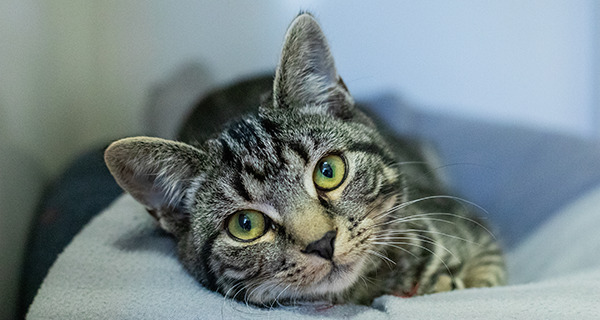Debunking six pet rehoming myths
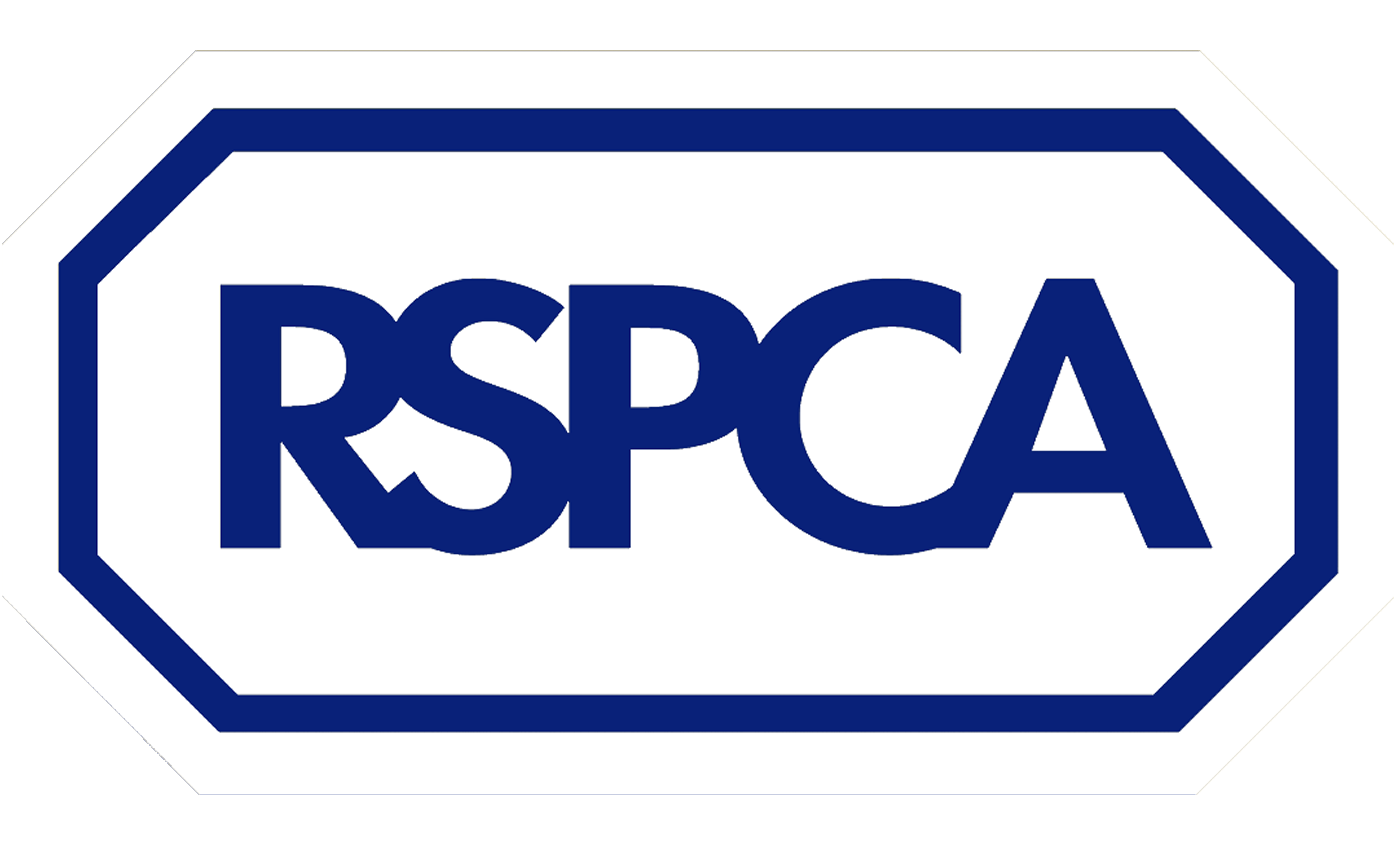
With the RSPCA facing an uphill battle to rehome a growing number of animals in its care, the charity’s rescuers are hoping to ‘mythbust’ the most common misconceptions people have when they opt not to adopt a rescue animal.
The charity fears these “myths” are contributing towards lower rehoming rates – at a time when the number adopting pets is already collapsing.
The RSPCA’s month-long Adoptober rehoming campaign launched this month, promoting adoption and highlighting the many animals the charity has waiting to find their perfect match.

Earlier this month the charity revealed that more people are relinquishing pets than adopting – leaving its rescue centres “full to bursting” with unwanted pets.
This follows a collapse in rehoming rates; which have fallen by 30% from three years ago – when 39,178 animals were rehomed. In 2022, only 27,535 animals were rehomed by the RSPCA.
Sam Gaines, head of companion animals at the RSPCA, said: “Those of us with adopted pets know how rewarding it can be to share our lives with them and watch them thrive after being given a second chance.
“Our Animal Kindness Index revealed that almost two thirds of people think we should adopt rather than shop for pets, yet the reality is often quite different. Sadly, we’re now really struggling to find loving homes for the growing number of animals in our care.”
As a nation of animal lovers, what is stopping us from adopting?
Many of the common reasons people choose not to pursue adopting a rescue based are based on concerns or ‘myths’ that can be easily debunked.
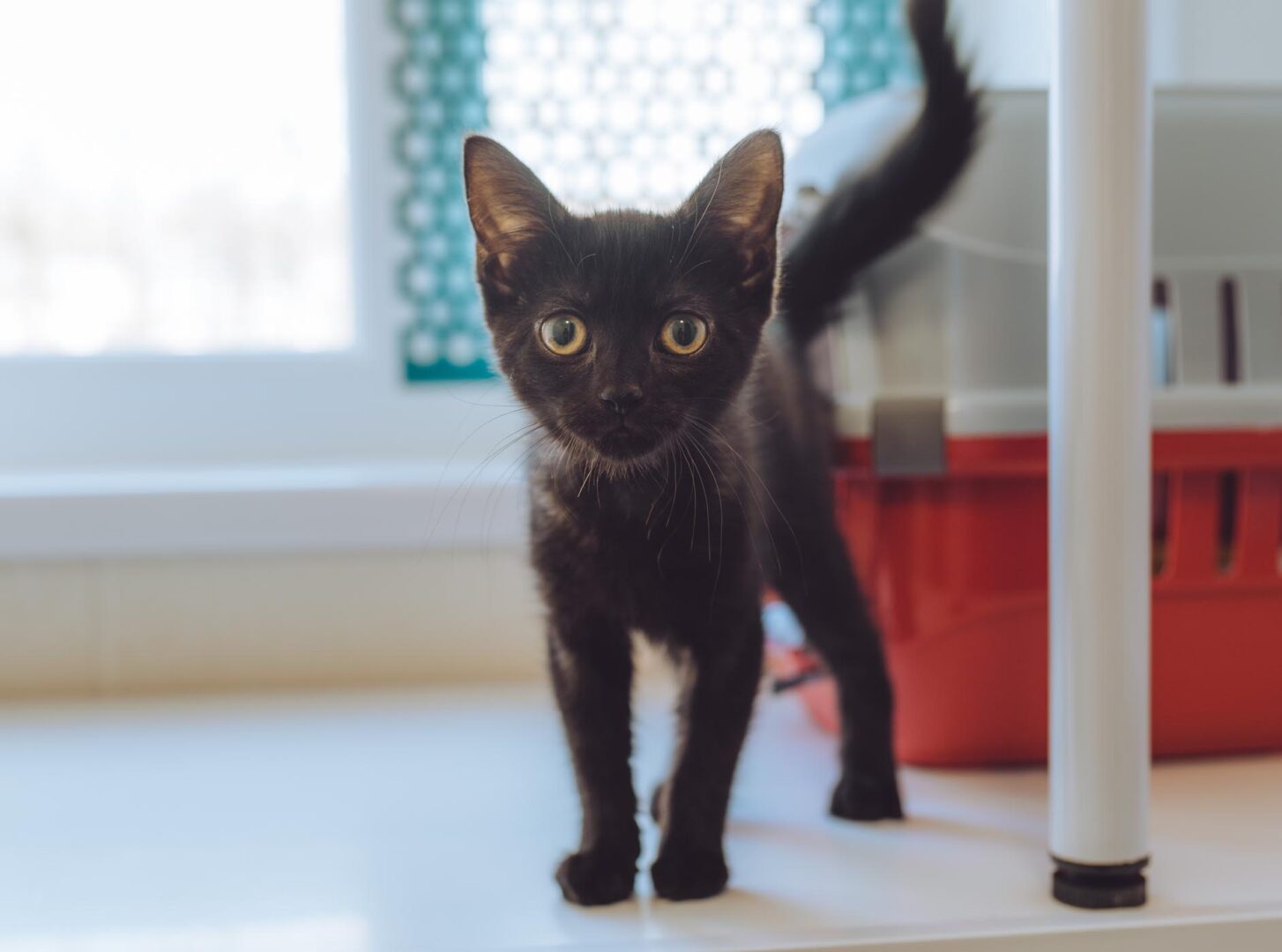
Research from the RSPCA of their national RSPCA centres found that:
82% of had heard the myth that “black cats are unlucky”
90% had heard the myth that rescue animals always have behaviour problems because they’re traumatised
73% had heard the myth that all animal centres are just full of the same breeds of animal
100% had heard the myth that people believe if they buy a puppy or kitten, it will be easier to train them properly from the start than a rescue animal
100% had heard the myth that rescue centres won’t let someone adopt because they children
60% had heard the myth that rescue animals come with complex and unknown medical histories
Six most common reasons people choose not to adopt a pet
Sam Gaines busts the biggest myths about rehoming rescue pets.
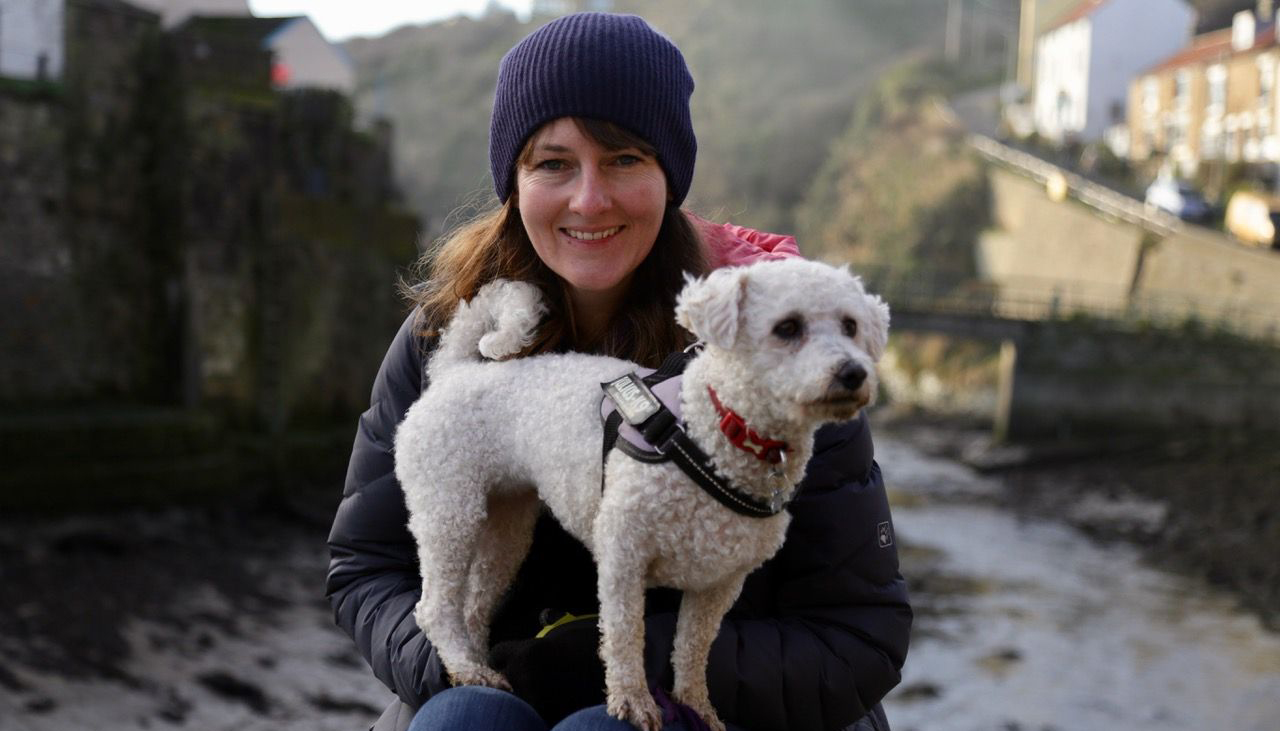
Dr. Sam Gaines
Myth one: I don’t know the animal’s history if they’re a rescue animal
Busted: “60 percent of RSPCA adoption centres have reported that not knowing an animal’s history is a reason people give for deciding not to adopt a rescue animal.
“It is true that if an animal has been abandoned or found as an injured stray, we may not know exactly what they have experienced in their life before being rescued. However, when they’re assessed, treated and rehabilitated in our care, our animal care teams form bonds with each animal and are able to provide an honest and full evaluation of the animal they’ve come to know and work with. This is far more information than owners would usually get with an animal bought from a stranger or online.”
Myth two: If I buy a puppy or kitten, at least I can train them properly from the start
Busted: “Many people believe that getting a puppy or a kitten is straightforward, but providing all the opportunities and experiences animals need to grow up to be a happy and healthy individual is not always an easy task!
“It takes a huge amount of patience, knowledge and care to help young pets learn about all the sights, sounds, smells, environments, people and animals they need to share their lives with..
“Countless people incorrectly believe that the behaviour of rescue animals is impossible to change or that they are difficult to train, and remarkably 100 percent of our animal centres have been confronted with this myth as a reason to shop rather than adopt, at least once.
“However, the reality is that when adopting a rescue animal, care teams will have usually already started teaching new skills and behaviour and will also be able to advise new adopters on what methods work best – including the animal’s favourite tasty treat! So adopting actually puts you ahead of the training game.”
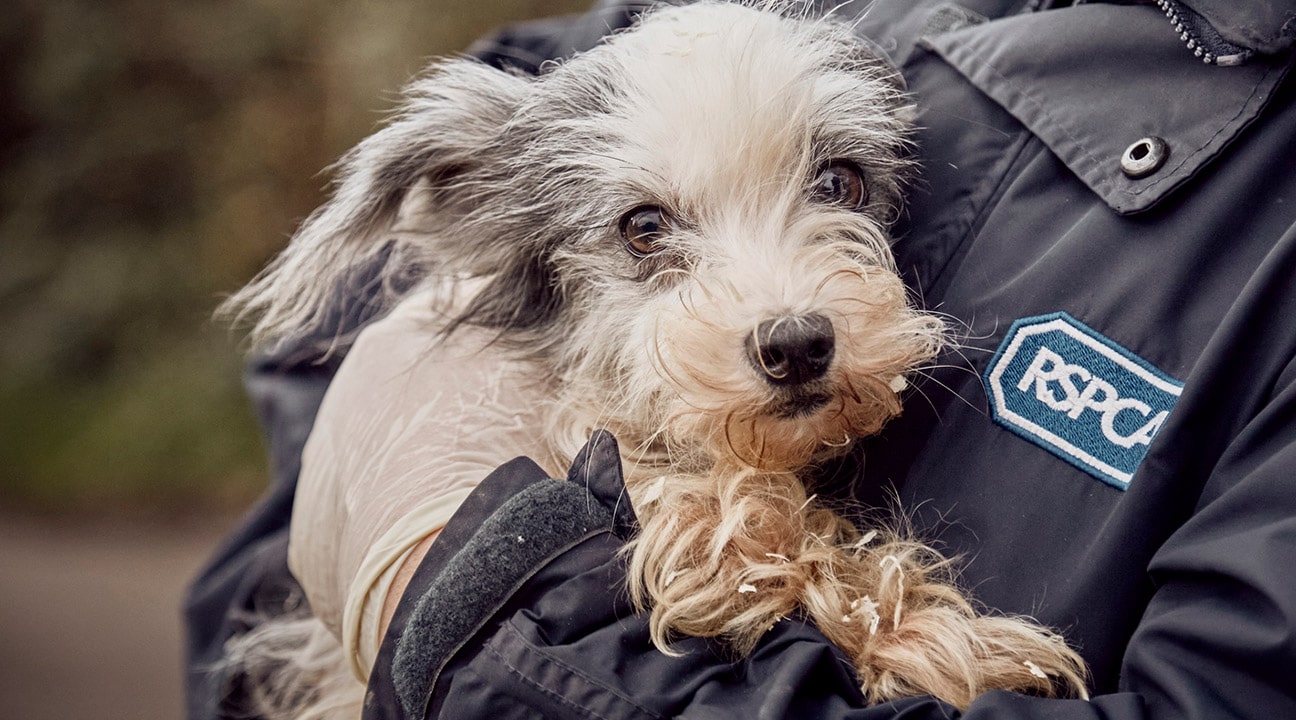
Myth three: Rescue animals always have behaviour problems because they’re traumatised
Busted: “Sadly, some people do assume that rescued animals are ‘broken’ because they might have experienced trauma, cruelty and neglect.
“Ninety percent of RSPCA centres reported that this is a commonly cited reason people give for not wanting to adopt a rescue animal.
“But every animal is different – even those animals who have experienced the worst cruelty can bounce back and enjoy life as much as any other animal.”
Myth four: Rescue centres won’t let me adopt because I have children
Busted: “We know that pets can be a wonderful addition to a family, and empathy towards animals is something all children should learn.
“Shockingly 100 percent of RSPCA centres say that they hear the myth that we won’t let them adopt a pet because they have kids.
“In fact, the RSPCA has a special function on our Find A Pet adoption website where prospective adopters can select to view animals that are suitable to be rehomed with children.
“Every animal is different and if an animal’s behaviour indicates that they are able to live with children then we’d love to discuss rehoming options!”
Myth five: Rescue centres are just full of the same breeds that I don’t want
Busted: “It’s also important to remember that every animal is an individual with its own personality, quirks and character traits. While breed can help highlight how an animal might behave, it is much less important, what’s important is the personality of the individual animal. There are a lot of assumptions that certain breeds behave in certain ways, but breed is never a guarantee for behaviour. You are more likely to find the perfect match and your best friend for life if you look beyond breed and instead look for a personality that matches yours. You can fill in a Perfect Match form with your local branch or centre and they’ll let you know when an animal who matches you comes into their care.”
 Myth six: You’ve only got black cats – and they’re unlucky!
Myth six: You’ve only got black cats – and they’re unlucky!
Busted: “Black cats are often associated with superstitions and some people believe they don’t look good in photos which sadly means it can take longer for a black cat in a rescue centre to find a home.
“A recent RSPCA survey found that 82 percent of our centres have reported hearing the ‘bad luck’ black cat myth.
“In truth, black cats won’t bring you bad luck – but they do need forever home. The colour of an animal’s fur colour makes no difference to how much love they have to give. If you can bring some magic into their lives they are sure to bring some love into yours – so they might just make your lucky day!”
Rescue pets recently rehomed by the RSPCA include Kodak – who debunks about rescue animals with permanent behaviour problems.
The young rescue dog found himself in the RSPCA’s care and was adopted by a loving family just in time for Christmas last year, but Kodak’s road to a forever home wasn’t straightforward.
After struggling in the hands of an owner who couldn’t meet the needs of such a large dog, Kodak, who weighed 42 kilos (93lb), was anxious and scared of meeting new people, suffered with separation anxiety and lacked the skills needed to help him cope with family life training.
In the care of RSPCA Sussex West Branch, Kodak received a tailored management and training plan aimed to reduce his stress and enable him to learn skills to better prepare him for living in a home. With thorough and consistent desensitisation and reward-based training, Kodak (pictured right) gained a lot of confidence and slowly learned that meeting new people was a positive experience. He also gained a lot of new skills such as impulse control, loose lead walking, recall, and to ‘check-in’ with his handlers when he felt unsure.
Through his ongoing plan and daily training, Kodak’s handlers grew to know his characteristics so well that they knew what his ideal forever home would look like. His perfect match was found, and after several meetings at the rehoming centre, Kodak and his new family bonded, and he went to his new home. Kodak is still thriving with his new family and has recently celebrated his second birthday with lots of walks and adventures.
Sam added: “Sharing our lives and homes with pets can be so rewarding and fulfilling. Throughout this month, we want to celebrate all the many wonderful things that animals bring to our lives. We want to inspire those who are in a position to adopt a pet to open their homes to an animal in need of a new start, to help reduce the pressure on the RSPCA centres and branches.
“Even if you can’t open your home to a pet, we all have the power to take action for animals. You can support the RSPCA by sharing our message or donating to help us continue our vital work.”
Could you offer a rescue pet a loving new home?
Please visit Find A Pet to see all of the animals currently in the RSPCA’s care who are looking for their perfect match.
Other ways to support us
If you can’t offer a rescue pet a new home you could help in a different way
Help the RSPCA continue rescuing, rehabilitating and rehoming by donating online or calling the charity’s donation line on 0300 123 8181
Sponsor a cat pod or a dog kennel and help take care of the animals during their stay with us
Support the work of your local centre or branch by becoming a volunteer or donating to them directly.

